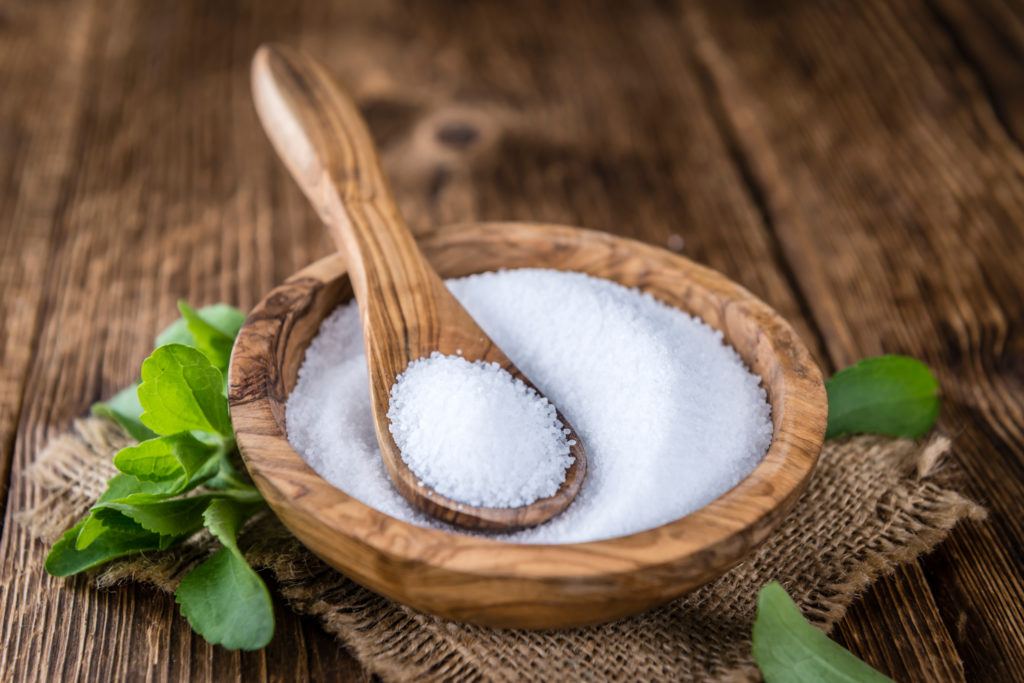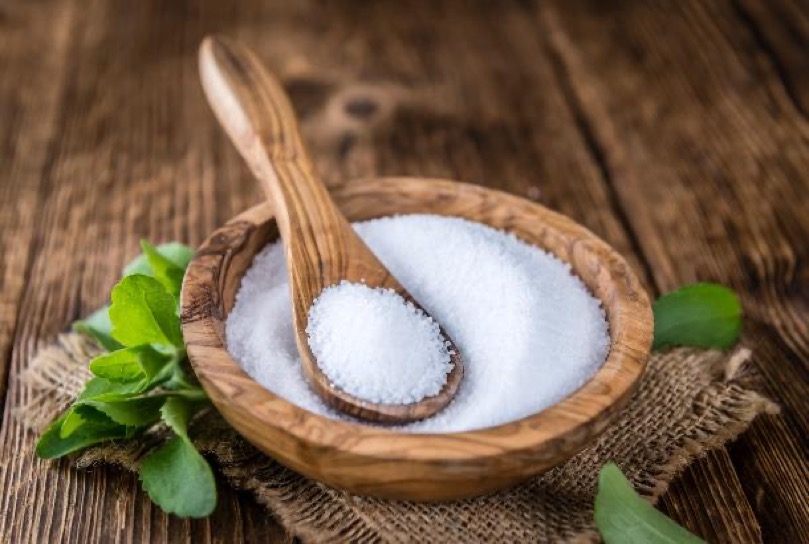
Introduction
Consumers have become increasingly conscious about their sugar intake. This is due to a widespread recognition of the impact that excessive sugar intake has on one’s health. With the stress and worry brought about by modern-day living, comfort eating will be on the rise. While consumers will be seeking moments of escapism from more indulgent foods, they will likely become conscious of their sugar intake. As a result, consumers will be making attempts to moderate their intake of sugar over the next year.
Brands must meet the demand for indulgent products, with better-for-you alternatives. This will enable consumers to seek conveniently nutritious products. It must be noted that these products should not compromise on sensory appeal, as this is a key product attribute among consumers. In addition, brands must make product labeling clear and concise. This will avoid confusion and the perception that such labeling is disguising hidden sugar.

Consumer Attitudes & Purchasing Behaviors
Sugar is recognized as the number one dietary evil among global consumers. Our findings highlight that consumers are aware of the link between excessive sugar intake and increasing rates of obesity and diabetes. For instance, FMCG Gurus’ consumer insights reveal that 76% of global consumers believe sugar is the cause of obesity.
Additionally, consumer attitudes toward sugar have altered in the last couple of years, with 34% of global consumers stating this. The reason for this could be the influence that the pandemic had on consumers’ approaches to health. Due to this, many consumers became increasingly attentive to the ingredient listings on the products they consume. A number of consumers are attempting to improve their dietary habits with more streamlined, health-boosting ingredients.

Labeling & High Sugar Content
A significant proportion of consumers are sometimes skeptical of the practices and policies of brands. This can be attributed to the health-washing and greenwashing scandals that have come to light in recent years. FMCG Gurus’ market research reveals that 42% of global consumers say they are concerned and 22% are very concerned about hidden sugars in food and drink. This could be due to widespread confusion around sugar content labeling, with many consumers who deem labeling difficult to understand.
Rising prices are causing consumers to seek products that they deem good value for money. Due to this, brands must keep nutritional labeling simple and transparent. This will enhance both trust and value for such products, and allow the process of checking ingredient lists to be quick and easy.
Natural Sweeteners
On a global scale, 37% of consumers say they deem natural sweeteners to be healthy alternatives to sugar. This figure was almost identical to the figure two years earlier. This highlights the association with natural ingredients being cleaner and better for you.
However, it should be noted that even if people deem natural sweeteners better for you, it is not to say that they will seek out these products. For instance, FMCG Gurus’ consumer insights reveal that only 8% of global consumers seek out products that contain natural sweeteners all of the time, and 20% some of the time. This could be linked with consumer perceptions around natural products being more expensive, and perhaps not having the same sensory appeal as other sweeteners.
These findings indicate that many consumers are unwilling to trade-off between taste and wellness. As a result, brands must ensure that natural sweeteners are positioned as being good value for money, aligning with price sensitivity. Also, it is crucial that the brands place greater emphasis on the sensory appeal of natural sweeteners, and do not overcompensate on health credentials. This is because consumers may feel as though taste is being compromised for health.
